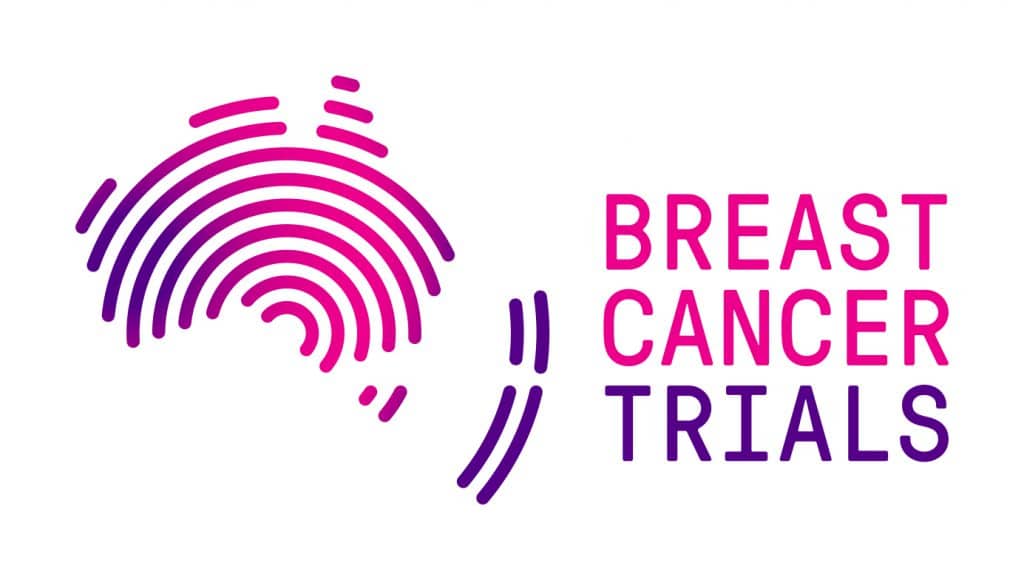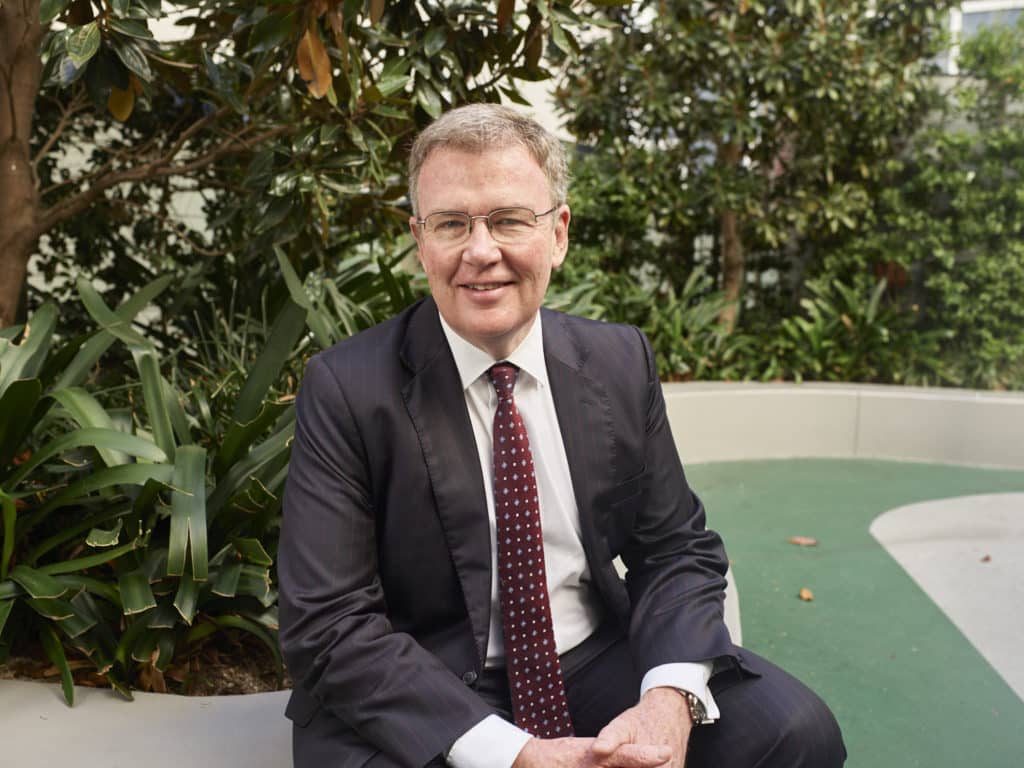Less Treatment, Fewer Side Effects and Reduced Costs to the Health System
New research shows that the use of breast magnetic resonance imaging (MRI) prior to breast surgery, may be able to identify patients who can safely avoid radiotherapy.
It could also save thousands of dollars in healthcare costs.
The primary results for the PROSPECT clinical trial have been published in The Lancet, providing evidence for a new treatment approach that may benefit both patients and the health system alike.
The study examined whether a combination of MRI and pathology findings can identify women with early breast cancer who can safely avoid radiotherapy. It was conducted across four sites, including the Royal Melbourne Hospital (RMH), the Royal Women’s Hospital, the Austin Hospital in Melbourne and the Mater Hospital in Sydney. In addition, an economic analysis was undertaken to compare models of care.
Radiation therapy is a standard recommendation after breast conserving surgery in most patients with early-stage breast cancer. Radiotherapy reduces the risk of local recurrence but is associated with potential side effects and financial burden.
The PROSPECT study has found that using MRI and pathology findings can identify women who have a very low risk of breast cancer recurrence and may be suitable for a de-escalation in radiotherapy treatment. The net monetary benefit of this treatment model was found to be $2,900 per patient.
In addition, research just presented at the San Antonio Breast Cancer Conference has found that patients participating in the PROSPECT study who did not have radiotherapy, had substantially lower rates of fear of breast cancer recurrence and better quality of life compared to those who did. Researchers found that patients have a positive perception about tailored care, lower treatment burden and trust in clinicians.
PROSPECT screened 443 patients between May 2011 and May 2019. The breast MRI identified additional cancers or areas of pre-cancer in 11% of the 443 patients. After a median of 5 years follow up, the breast cancer local recurrence rate for the 201 patients treated on study without radiotherapy was a very low 1%. Additionally, the recurrence rate of the entire cohort was very low. Only one patient experienced cancer recurrence around the body leading to a breast cancer-related death. This was much lower than would be expected in patients with this stage and type of breast cancer, suggesting that finding and treating the additional areas of cancer was important in preventing cancer recurrence.
The study was conducted in Australia by the largest independent clinical trials research group in Australia and New Zealand, Breast Cancer Trials (BCT).
Professor Bruce Mann is the instigator and study chair of PROSPECT and the Director of Research at BCT. He is also the Director of Breast Services for the RMH and The Women’s. He says the PROSPECT study may provide more treatment options for women with early breast cancer.
“PROSPECT has defined a role for preoperative MRI in identifying patients who can be considered for de-intensified treatment. The health economic analysis of PROSPECT and some parallel quality of life studies suggest that the use of an MRI in this way, may not only improve quality of life for patients but may also save resources overall and be highly cost-effective in Australia,” Professor Mann said.
“This is the first study to suggest that MRI findings may be useful to optimise breast cancer treatment and reduce healthcare costs, and we now require a follow-up trial to confirm and extend these very encouraging findings.”
“We are hopeful that this will pave the way for many of those diagnosed with early low risk breast cancer to safely receive less intense treatment, with less physical and psychological impacts, while maintaining a very low risk of cancer recurrence.”
Founded in 1978, Breast Cancer Trials conducts a multicentre national and international clinical trials research program, into the treatment and prevention of breast cancer. This involves over 900 researchers in 114 institutions across Australia and New Zealand.
The PROSPECT clinical trial was supported through the generous donations of BCT supporters and donors to the Royal Melbourne Hospital Foundation, including The Rangers Foundation and Treasure Chest. This research was part supported by a grant from the National Breast Cancer Foundation Australia, Australia’s leading not-for-profit organisation funding world-class research towards their vision of Zero Deaths from breast cancer in Australia. The study also received support from the Cancer Council of Victoria.
Contact: BCT Communications Manager, Anna Fitzgerald – 0400 304 224 or anna.fitzgerald@bctrials.org.au
Our life-saving breast cancer research is only possible thanks to the continued generosity of our supporters. Please help continue this vital work by making a donation today.

